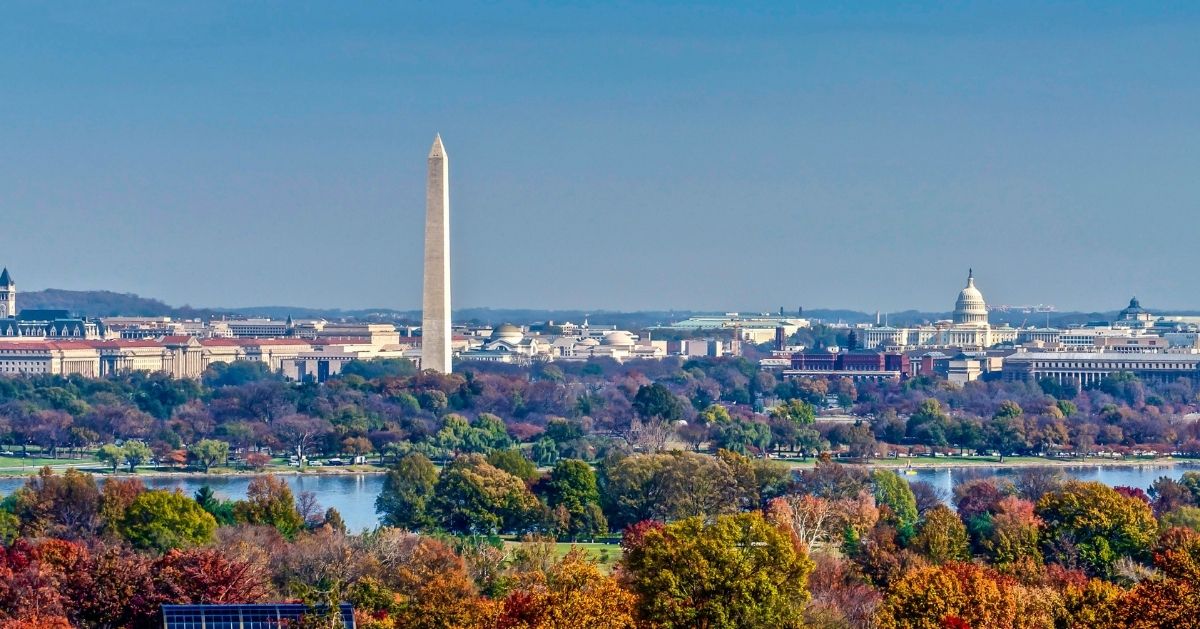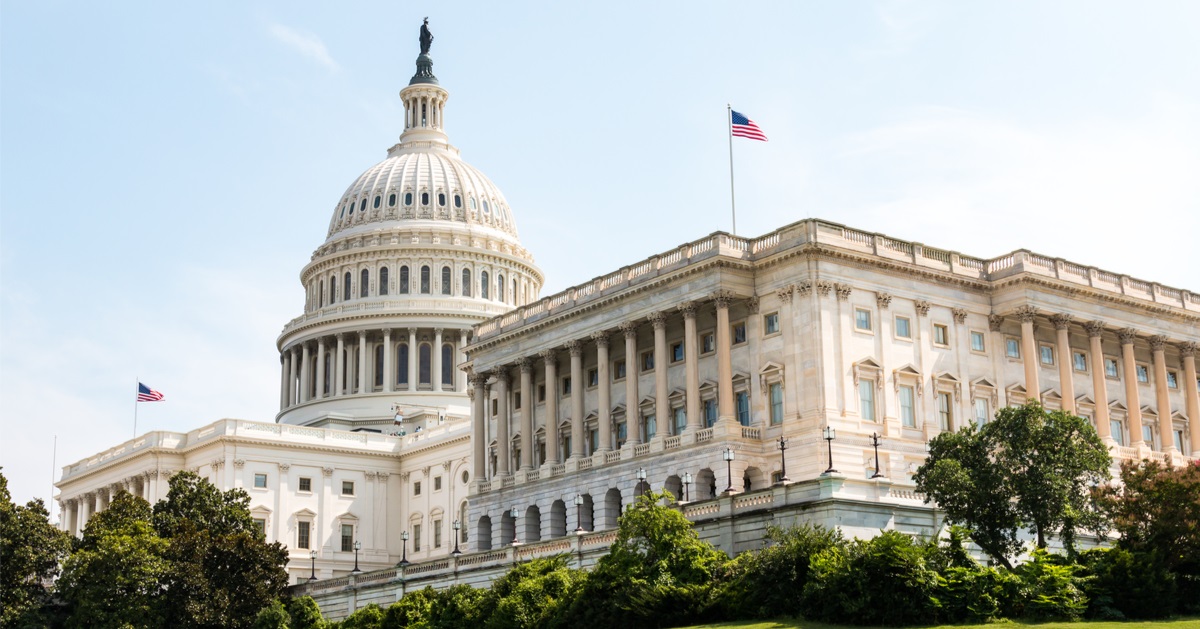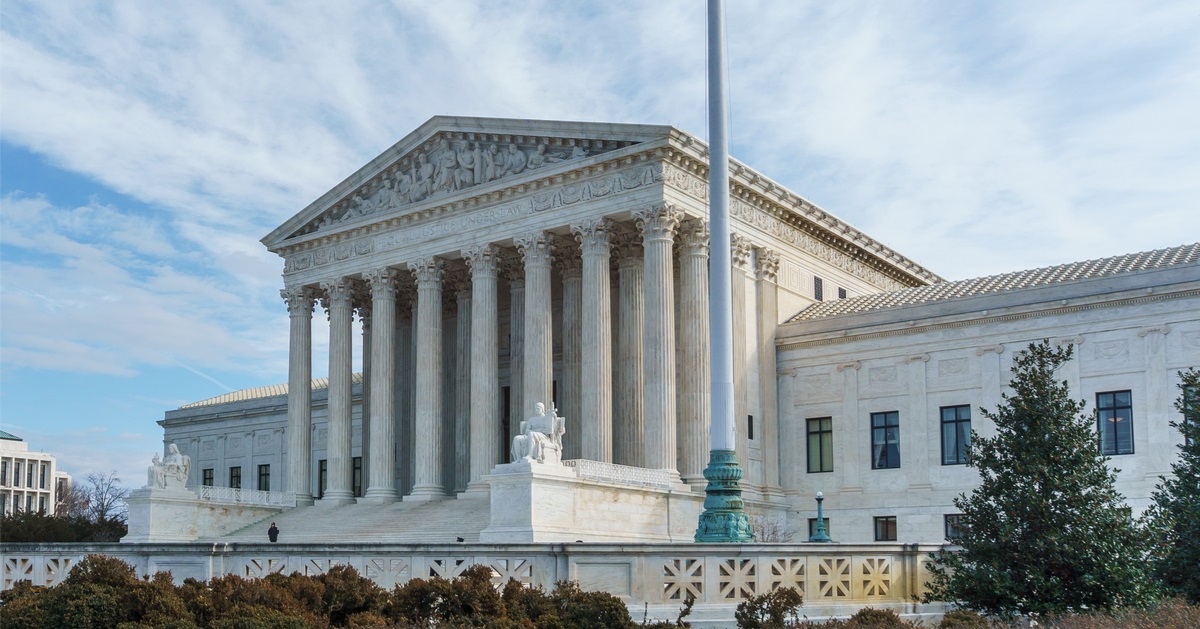Prosecutors share e-mails undercutting James Comey's perjury defense
James Comey anticipated working for "President-elect" Hillary Clinton on the eve of the 2016 election and gleefully admitted to shaping media coverage of his tenure as FBI director, according to bombshell emails.
As reported by Just The News, prosecutors under U.S. Attorney Lindsey Halligan shared the emails in a court filing pushing back on Comey's attempt to dismiss his perjury case as a "vindictive" witch hunt from President Trump.
The newly disclosed e-mails provide insight into Comey's interactions with a close friend, Columbia University professor Daniel Richman, who served as his anonymous liaison with the media.
Comey e-mails released
In particular, the e-mails shed light on Comey's efforts to influence press coverage of his controversial move to reopen the Hillary Clinton e-mail probe in late 2016. Comey's decision, which came months after he controversially exonerated Clinton for mishandling classified information, sparked furious backlash from Democrats who went on to blame his intervention for Clinton's defeat to President Trump.
In personal e-mails to Richman, who was then a special FBI employee, Comey mused that his actions were actually beneficial to Clinton, and that his critics needed to be instructed to take his supposedly enlightened view of the matter.
"Some day they will figure it out. And as [Individual 1 and Individual 2] point out, my decision will be one a president-elect Clinton will be very grateful for (although that wasn’t why I did it)," Comey wrote in an October 2016 email cited by prosecutors.
"Teaching" the media
Later, Comey sent a lengthy email complaining about a New York Times reporter's coverage and urged Richman to "make him smarter."
“Just got the point home to [Reporter 1]. Probably was rougher than u would have been," Richman replied in one e-mail.
Shortly thereafter, Comey signaled he was pleased with the results, sending Richman a link to a New York Times article that described the "difficult" choices Comey faced in the Clinton case.
"Someone showed some logic. I would paint the cons more darkly but not bad," Comey wrote.
“See I *can* teach," Richman replied.
“Well done my friend. Who knew this would. E so uh fun,” Comey responded.
Comey's media contact
In 2019, Richman admitted to FBI agents that his goal was to "correct stories critical of Comey, the FBI and to shape future press coverage," and Richman said he wasn't totally sure he didn't share classified information.
Richman cultivated close ties with the New York Times and its reporter Michael Schmidt, who won a Pulitzer Prize for his reporting on Russiagate. One of Schmidt's articles helped trigger Special Counsel Robert Mueller's probe into Trump, which failed to find evidence of "Russian collusion."
In June 2017, Comey admitted to the Senate Select Committee on Intelligence that he leaked a memo of his conversations with Trump to the Times to trigger a Special Counsel probe. Comey said he leaked the memo through "a good friend of mine," who turned out to be Richman.
"Guilty as hell"
The newly public emails appear to further undercut Comey's sworn testimony to the Senate Judiciary Committee in 2020 that he never authorized anonymous leaks concerning the Trump or Clinton cases.
"Consistent with the above-described correspondence, Richman corresponded extensively with members of the media regarding or on behalf of the defendant, including in an anonymous capacity," prosecutors wrote.
Comey's lawyers have argued that the questioning he received from Senator Ted Cruz (R-Tx.) was vague, and that Comey is the victim of political retribution from Trump, whose first term as president was derailed by the Trump-Russia hoax that Comey helped push. But prosecutors argue that a social media post from Trump urging the DOJ to go after Comey does not prove the case is "vindictive."
“The President’s social-media posts are clear on why he thinks the defendant should be prosecuted: he thinks the defendant is ‘guilty as hell,’” prosecutors wrote.






